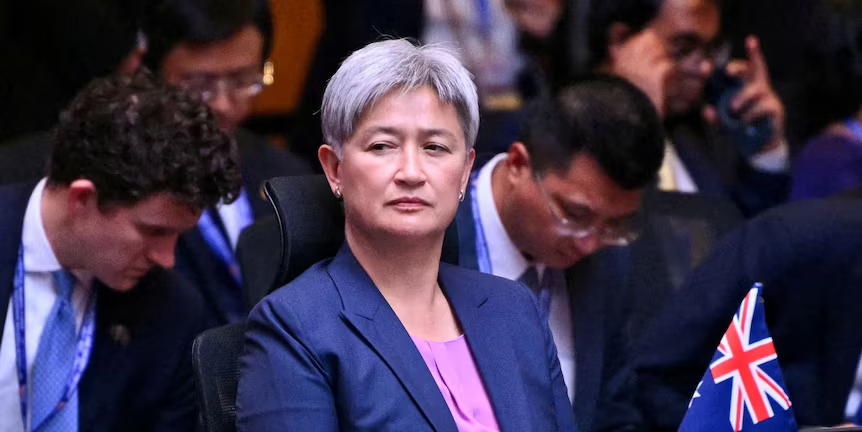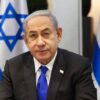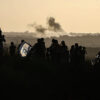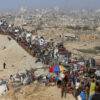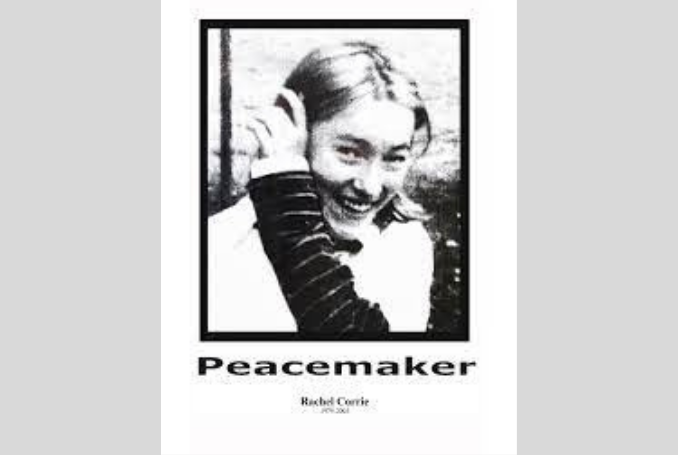The Arms Pipeline: UK, Canada, Australia, and France
United Kingdom
The UK government announced suspensions of some arms exports to Israel. Yet data from HM Revenue and Customs shows shipments of bombs, grenades, and other munitions continued. In 2023 alone, over £42 million in defense exports were licensed to Israel. Officials argue these are “components,” not complete weapons. But without these parts, the weapons do not function.
Canada
In March 2024, Canada declared a halt to new arms export permits to Israel. But parliamentary records and investigative reports show components continue to move, often routed through the United States under defense agreements. These include F-35 fighter jet parts and ammunition. The “pause” applies only to new permits, not existing contracts. This distinction keeps the supply chain open while presenting the illusion of action.
Australia
Australian officials deny sending weapons directly to Israel. Yet Senate hearings and media investigations confirm Australia exports critical inputs such as armored steel and components for the F-35 program, which Israel uses extensively in Gaza. Australia positions itself as an indirect actor, but indirect participation still enables Israeli military operations.
France
France publicly calls for a Palestinian state and has condemned attacks on civilians. At the same time, it remains one of Europe’s largest arms exporters. French defense companies provide components for aircraft, missiles, and surveillance technology used by Israel. Equally troubling, the French government has repeatedly restricted or banned pro-Palestine protests, undermining the right to dissent at home while speaking of human rights abroad.
The pattern across these countries is consistent: leaders avoid accountability by hiding behind technicalities—claiming they only export “parts” or “dual-use items.” These legal loopholes deceive the public while sustaining Israel’s war machine.
Singapore’s Conditional Recognition
Singapore has tied its recognition of Palestine to conditions: Palestinians must first recognize Israel’s “right to exist” and renounce resistance labeled as “terrorism.” No colonized nation in modern history has been forced to accept such terms before gaining recognition. This policy denies Palestinians their right to self-determination and treats liberation as conditional on accepting their oppressor.
Empty Words vs. International Law
Governments present neutrality as balance, but neutrality in the face of oppression sides with the oppressor. International law is not ambiguous:
- The UN Charter enshrines the right to self-determination.
- The Fourth Geneva Convention prohibits collective punishment and settlement construction.
- UN resolutions, including 194 and 242, affirm Palestinian rights and the illegality of occupation.
Yet these protections remain dormant, ignored by states that claim to uphold a “rules-based international order.” Words without enforcement mean nothing for Palestinians living under siege.
Lessons from History
The anti-apartheid movement in South Africa showed that sustained global pressure—from sanctions to cultural boycotts—can force governments to change course. Politicians did not lead; people did. Churches, unions, universities, and civil society groups made collaboration with apartheid unacceptable. The same must happen today for Palestine.
What People Must Do
Diplomacy will remain empty unless societies force governments to act. In the UK, Canada, Australia, France, Singapore, and beyond, people must:
- Demand accountability: Write to MPs, parliaments, and leaders. Expose arms deals and policy contradictions.
- Support boycott campaigns: Join BDS and similar movements that pressure companies and institutions complicit in apartheid.
- Challenge false narratives: Reject framing that reduces genocide to “conflict” or blames “both sides.” Name the oppression clearly.
- Use civic power: Influence elections, push unions and universities to divest, and mobilize civil society around justice for Palestine.
Final Word
Palestinians do not need conditional recognition or symbolic statements. They need independence, freedom, and justice under international law. The obstacle is not legality but political will.
And political will shifts only when people force it to. Neutrality is no longer an option. Complicity is clear. The responsibility to act lies with us.
SOCIAL MEDIA CAPTION: Governments keep saying they support Palestine. But they keep arming Israel. Neutrality in the face of oppression is complicity. People’s pressure is the only way to end empty words.
